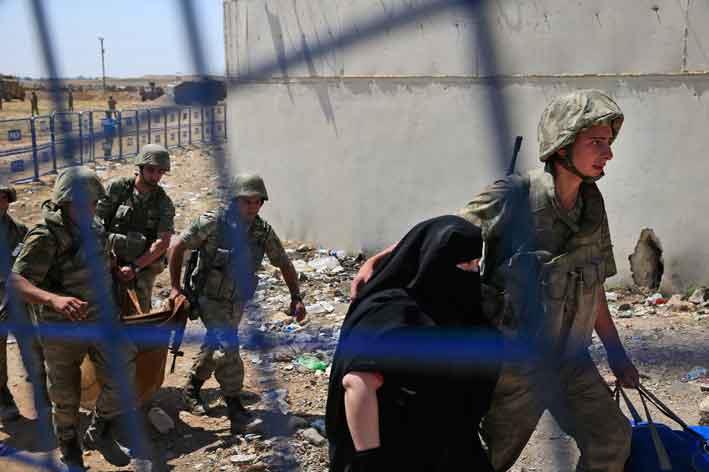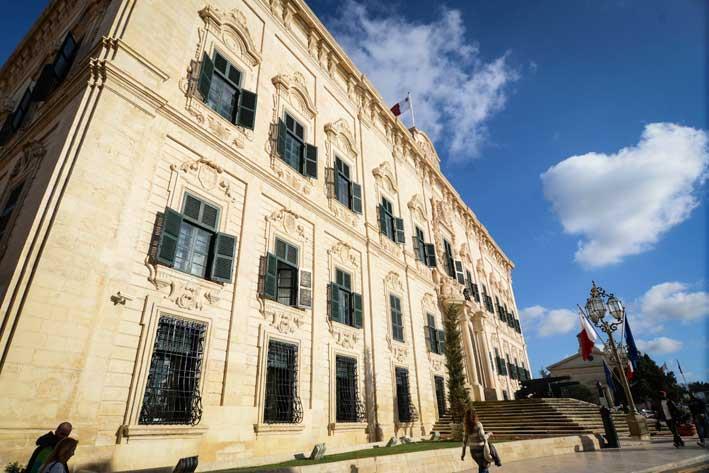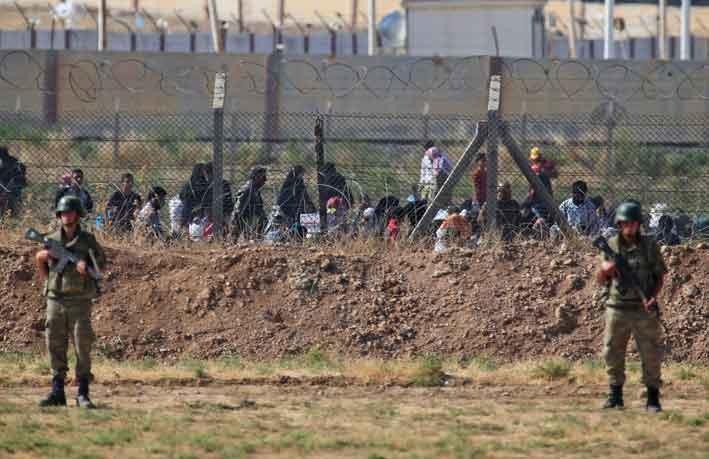A report released by CONCORD, the European NGO confederation for relief and development, has highlighted Malta’s inflated Official Development Assistance (ODA) statistics, stating that Malta traditionally reported high levels of refugee costs, “which usually represent around 50 per cent of its aid budget”.
The report, entitled: The 2015 CONCORD AidWatch report, 'Looking to the future, don't forget the past - Aid beyond 2015, says that some of the expenditure items reported by EU countries as aid do not translate into a real transfer of resources to developing countries or, ultimately, to people who are poor and marginalised.
This means that some countries, including Malta, are not really providing as much support to those in need, as they are making out.

“This is the basic principle behind the CONCORD AidWatch ‘genuine aid’ methodology. Some member states, such as Ireland, Luxembourg and Poland, have excluded all or some of these items from their aid reporting. More concerning is the fact that some EU countries are misreporting some of these expenses by including costs which, under existing guidelines, should not have been counted. The reporting of non-eligible migration-related expenses in Spain and Malta, or the misreporting of refugee costs in Hungary, are some examples included in this report.”
The report states that EU member states should ensure that the aid they deliver focuses on issues that matter in developing countries, by ceasing to inflate aid, and excluding inflated aid items from ODA reporting: refugee costs, imputed student costs, tied aid, interest on loans and debt relief. It also recommends putting a stop to inflating refugee costs with non-reportable expenses. “CONCORD AidWatch is also concerned that the refugee crisis could be used as an excuse to count non-eligible expenditure relating to general migration flows as ODA. Refugees and migrants have a different legal status. According to the Organisation for Economic Co-operation and Development (OECD), migration-related expenses cannot be reported as aid, although this has not stopped countries such as Spain and Malta from doing so”.

In Malta’s country-specific report, the NGO mentions that in 2015 the Maltese government approved a second development cooperation policy “which contains major flaws in both the process and the actual results. The strategy is quite rudimentary and inadequate. Development cooperation does not have clear objectives and priorities, nor is there a clear plan for addressing the weaknesses in the Maltese system. Similarly, there is no long-term vision of where or how aid should contribute to development. Regarding the process, the policy was developed and approved without any prior consultation with civil society or other key stakeholders. This raises questions about the government’s commitment to make development cooperation more transparent”.
Reported refugee costs are expected to have fallen in 2015, according to the report, despite the increase in refugee arrivals. “One reason for this trend is that the government is moving away from a systematic detention system for handling refugees and is setting up Initial Reception Centres in line with EC Reception Directives. This is a change that will be closely followed by civil society because the quality of inclusion, educational and vocational services for refugees has traditionally been very poor.”
The report included a number of recommendations for Malta, one of which is that the government should “increase the transparency of aid projects in Malta by publishing a full, comprehensive report on Malta’s ODA expenditure”.

It also recommends increasing the amount and proportion of genuine aid and making the national call for proposals for overseas development projects more transparent by publishing all the details of the selection process, including the criteria by which the proposals would be evaluated, and giving the detailed results to the applicants”.
They also called for the introduction of a development cooperation policy that is fit for purpose, including a detailed multi-annual strategy, an annual action plan and monitoring and evaluation mechanisms.
In 2014, Malta, through its Ministry of Foreign Affairs, scored a “very poor” rating in an aid transparency index, coming in at 64th place out of the 68 aid donor organisations and countries surveyed. The ensuing report argued that a large majority of the world’s donors were not sharing enough information relating to their activities.
Malta, just four places above last place (China), is not a member of the International Aid Transparency Initiative (IATI), but is part of the EU’s collective commitment to both the EU Transparency Guarantee and the Busan common standard, of which IATI is a core component, the report said.
The 2014 report, conducted by Publish What You Fund (a global campaign for transparency over aid), called on donors to make more information available in an accessible form. No comprehensive listing of current aid activities funded by Malta was found on the Malta Ministry of Foreign Affairs (MFA) website, according to the report.